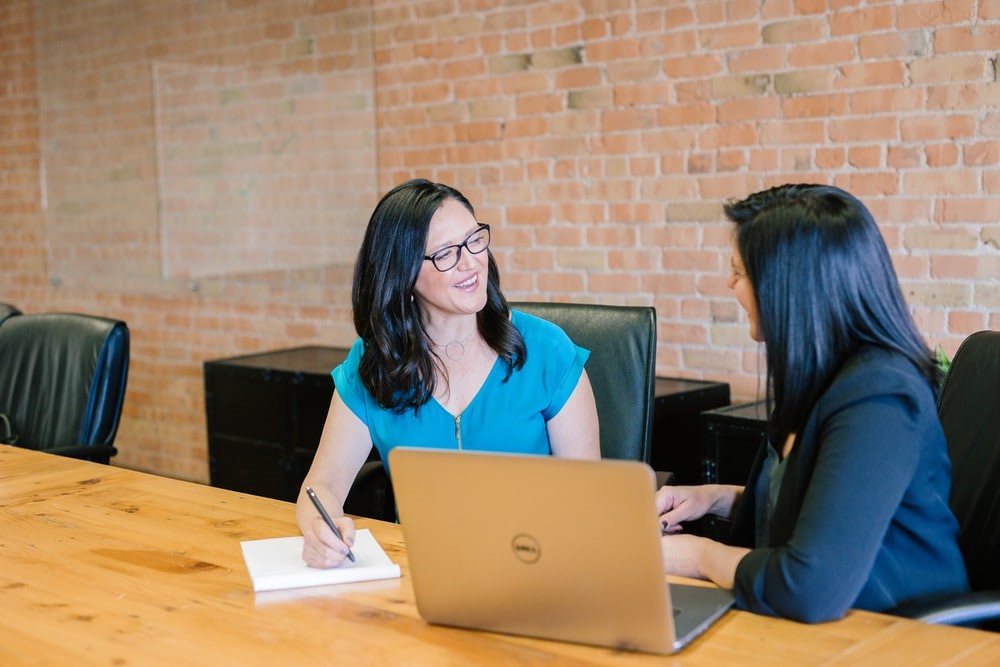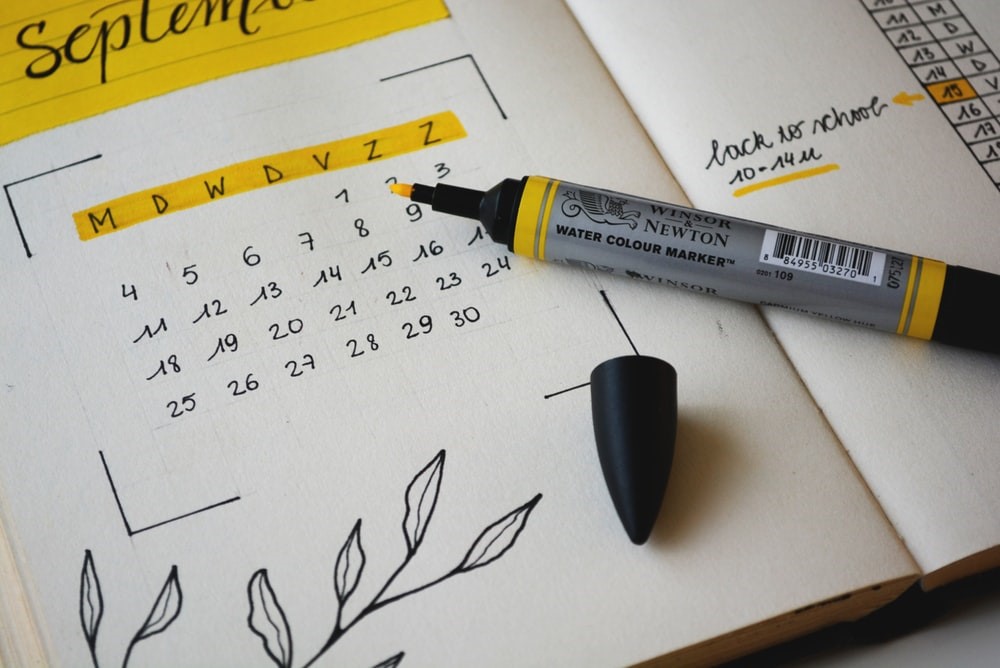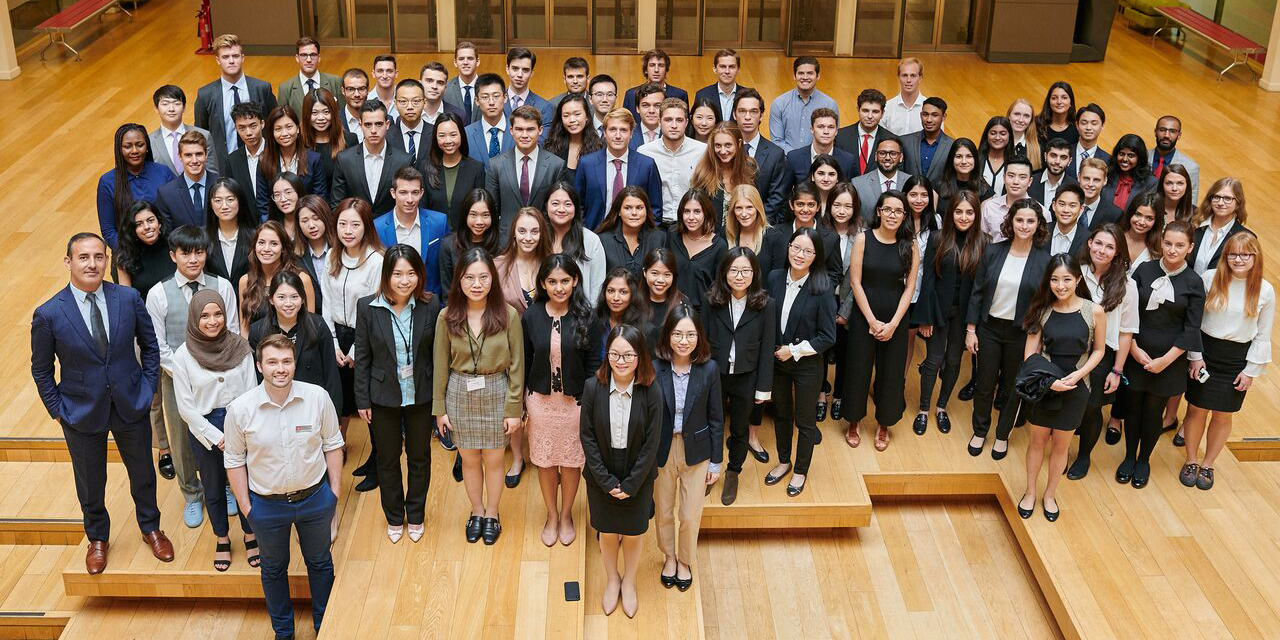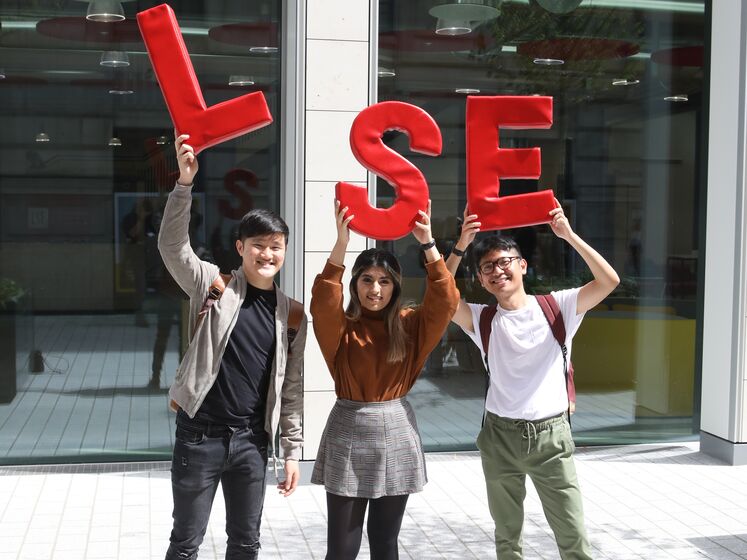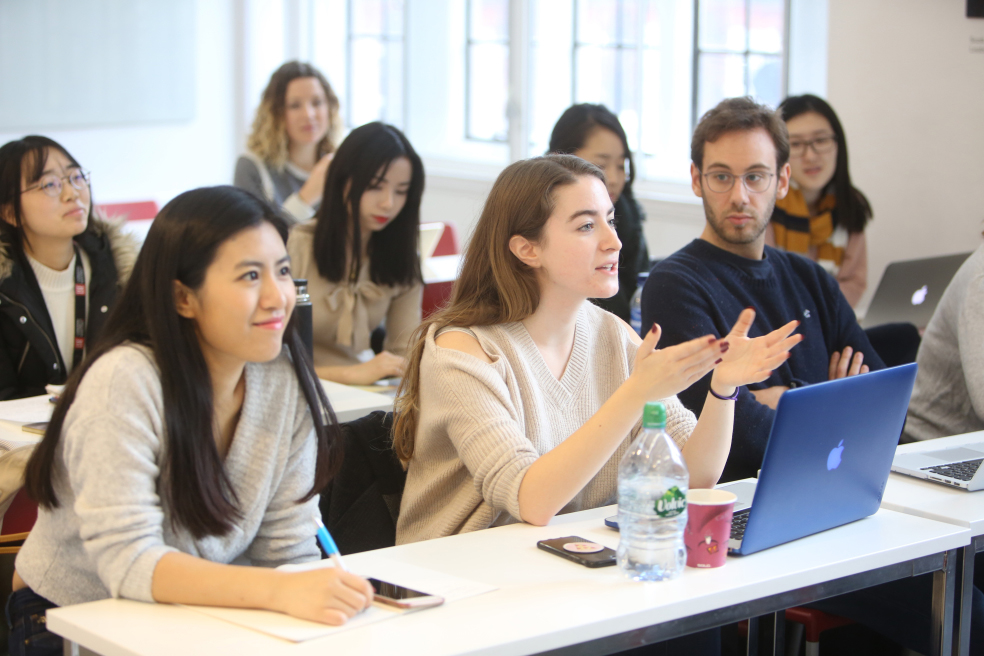Student Ambassador, Manveen Kaur, is here to save you from the “Oh, I wish I knew this before” moments… because perhaps some things should be reserved only for exams?
1. Around the corner, round the clock – help yourself
Soon after you enter, sooner than you expect London may become frigid, cold and dark. Netflix too may advise – “winter is coming” but LSE is the snuggly warm blanket that envelopes you in a warm welcoming embrace.
It’s new. It’s different and probably nothing you’ve ever experienced before, which makes getting stuck inevitable but guess what – you’re never alone!
- LSE Life – your one stop shop (you thought it was Tesco?) situated on the ground floor of the Library provides assistance and resources for a range of issues that you may be grappling with. Whether you want to know how to make better notes or how to write essays, or just want advice on how to make the best use of your time in London, you’re covered. There’s no place like home but there’s no place like LSE Life either!
- Engage with your professors beyond the lectures and seminars – keep in mind that their office hours get fully booked before you know it. Don’t leave this to the last minute. Book a slot on LSE’s Student HubApp as soon as you can!
Support is available at every step; you only have to ASK.
Support is available at every step; you only have to ASK.
2. Keep it NISE – Organise, Prioritse and Surprise (yourself)
They say “a lot can happen in a year”, it’s true and nobody explains it better than life at LSE. Every So Often, it seems like time at LSE drinks a lot of Red Bull because it flies faster than a plane.
From a humongous choice of events to never-ending readings, to the lectures and seminars worth attending, there’s just so much to do.
TIP: It’s a good idea to invest in a calendar or at least have an organiser on your phone to prevent FOMO.
Although it’s important to prioritise academics, it’s a good idea to venture into unexplored avenues for there is so much to learn and you might just surprise yourself!
3. Be ready to read
If a day has 24 hours, consider spending 25 on reading – a hyperbole, but you do understand what I mean, right?
A lot of the time you spend at LSE will be spent reading your course material so, it might be a good idea to be prepared – mentally and practically.
Reading academic journals and articles is not the same as reading for pleasure, for it is more purposive and may be less pleasurable (honesty is a virtue to uphold, isn’t it?).
To avoid being overwhelmed, even if you are an avid reader who enjoys reading novels for leisure, you may want to develop the habit of reading from this very moment.
You may also want to determine the medium on which you prefer reading, a laptop or off paper, based on which you may want to get more printing paper or invest in a printer! But remember:
- It’s okay to feel overwhelmed by the number of readings.
- It’s okay to sometimes not be able to complete the designated amount of readings.
- It’s okay to not understand every word in each reading.
- It’s okay, you’ll get there, eventually.
4. Be your own bestfriend
There aren’t many spoons to feed you here, which may require you to be pro-active and motivated enough to study independently.
With sometimes no more than one lecture and a seminar in a day, a lot of your time will be spent engaging in:
- Self Study
- Study Groups – usually be made with people from your class with whom you believe you can exchange notes and discuss readings. You may even see people rushing into the attempt to build one or get into one. Every individual has their own style of studying and therefore, before you decide to join a study group, try to understand whether it will work for you.
The key here is to not only remember how far you’ve come but also that you made it to LSE.
5. Run your race at your own pace!
The names associated with LSE and their stature in society isn’t something one is oblivious to. LSE’s intellectually charged environment replete with passionate people in the search for excellence can get intimidating, to say the least.
In such a scenario it’s easy to feel lost and question one’s calibre and capacity to face the challenges that may come our way.
The key here is to not only remember how far you’ve come but also that you made it to LSE.
It may sometimes feel like you’re not working hard enough, or not as much as the person sitting next to you or in front of you, but staying true to your own goals and motives to become the best version of yourself is what you should be focusing on.
You can’t drive a car if you keep looking at the passenger sitting next to you, now can you?
Learn more about our MSc Human Resources and Organisations programme



